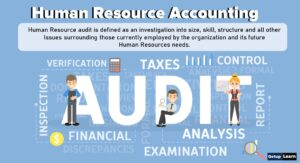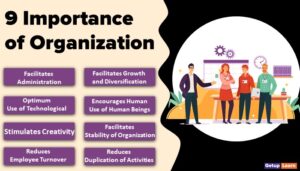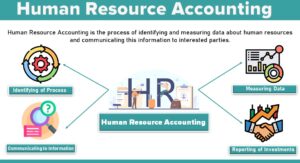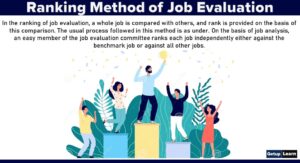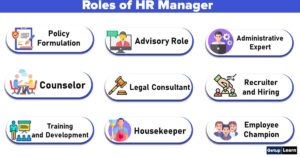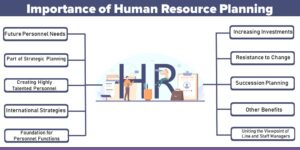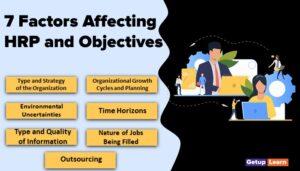Table of Contents
What is Motivation?
Motivation is the work a manager performs to inspire, encourage and impel people to take the required action.
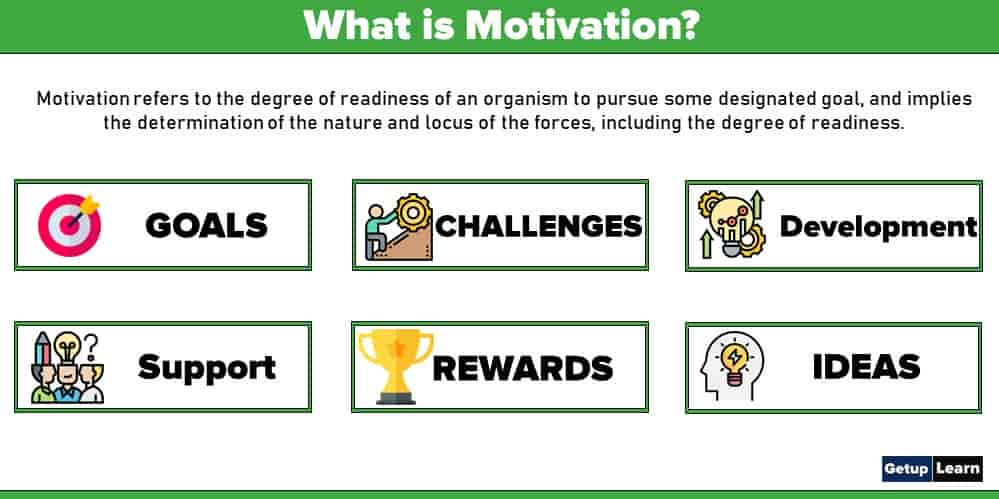
In simple words, motivation is a process by which a need or desire is aroused and a psychological force within our mindsets is in motion to fulfil our needs and desires. An unsatisfied need becomes the motive for a person to spend his energy in order to achieve a goal. In a business organization the 4 Ps praise, prestige, promotion and pay are the best positive motivators.
Definition of Motivation
These are some definitions of motivation given by some authors:
[su_quote cite=”Michael J Juicus”]Motivation is the act of stimulating someone or oneself to get a desired course of action.[/su_quote]
[su_quote cite=”Dublin”]Motivation is, “the complex of forces starting and keeping a person at work in an organization. To put it generally, motivation starts and maintains an activity along a prescribed line. Motivation is something that moves the person to action and continues him in the course of action already initiated.a[/su_quote]
[su_quote cite=”William G Scott”]Motivation means a process of stimulating people to action to accomplish desired goals.[/su_quote]
[su_quote cite=”Brech”]Motivation is a general inspiration process which gets the members of the team to pull their weight effectively, to give their loyalty to the group, to carry out properly the tasks they have accepted and generally to play an effective part in the job that the group has undertaken.[/su_quote]
[su_quote cite=”The Encyclopedia of Management”]Motivation refers to the degree of readiness of an organism to pursue some designated goal, and implies the determination of the nature and locus of the forces, including the degree of readiness.[/su_quote]
Nature of Motivation
Psychologists in general, agree that any behaviour of a human being is motivated and that people have reasons for doing the things they do or for behaving in the manner that they do. Motivating employees is a work a manager has to perform which inspires, encourages and impels people to take the required action.
The following are the nature of motivation:
- It is an Internal Feeling
- It is Related to Needs
- It Produces Goal-oriented Behaviour
- It can be Positive or Negative
- It is a Complex Process
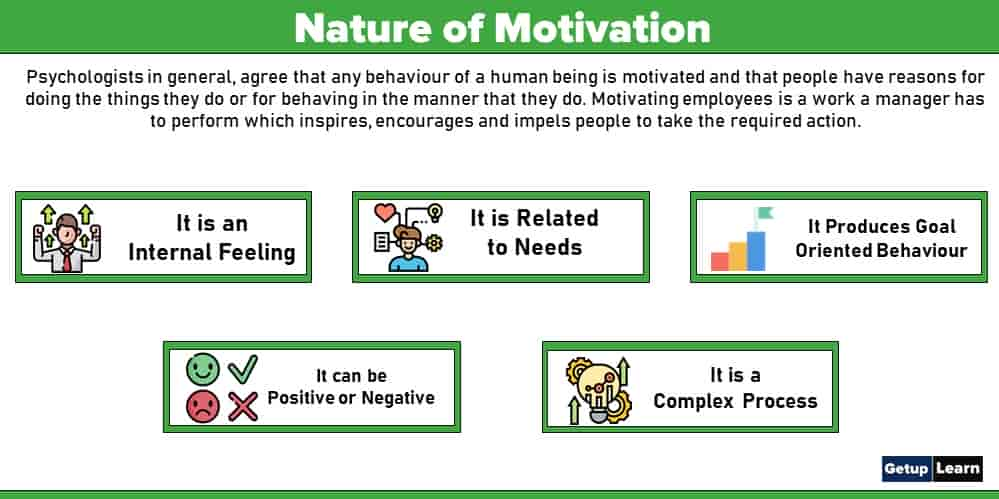
It is an Internal Feeling
Motivation is a psychological phenomenon which is generated by the mind wherein he feels that he is lacking something. It includes the urge, drives, desires, aspirations, strives or needs of human beings, which are internal and influence human behaviour. It is a force within an individual that drives him to behave in a certain way.
The starting point of motivation is the need which is still unfulfilled. They are deficiencies which are created whenever there is a physiological or psychological imbalance. In order to motivate a person, we have to understand his needs that are not yet satisfied.
It Produces Goal-oriented Behaviour
A goal is anything, which will alleviate a need and reduce a drive. An individual’s behaviour is directed towards a goal. Motivation produces goal-directed behaviour. For example, a promotion in the job may be given to the employee with the objective of improving his performance. If the employee is interested in promotion, it helps to produce behaviour to improve performance.
It can be Positive or Negative
Motivation can be either positive or negative. Positive motivation provides positive rewards like an increase in pay, promotion, recognition etc. Positive or incentive motivation is generally based on reward. According to Flippo, Positive motivation is a process of attempting to influence others to do your will through the possibility of gain or reward.
On the other hand, negative or fear motivation is based on fear and force. Fear causes a person to act in a certain way as they are afraid of the consequences that they have to face.
It is a Complex Process
Motivation is a complex process as people and their emotions are involved. Individuals are heterogeneous in their expectations, perceptions and reactions. Due to this, the type of motivation method used may not have a uniform effect on all the employees of an organisation.
Benefits and Importance of Motivation
Motivation is very important as it has a hugely beneficial and positive impact on the business of any organization, Some of the benefits and importance of motivation have been discussed below:
- Optimum Utilization of Factors of Production
- Sense of Direction
- Good Work and Industrial Relationship
- Sense of Loyalty and Low Attrition Rate
- Change Management
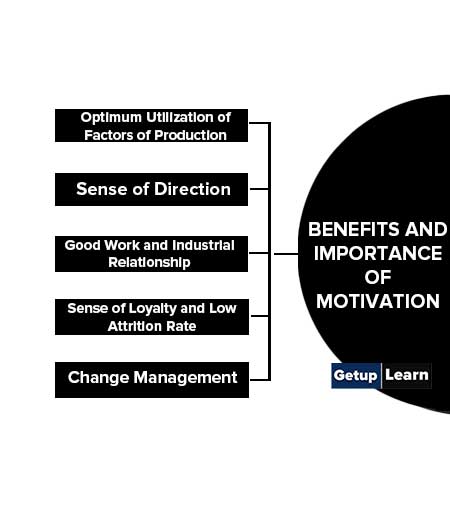
Optimum Utilization of Factors of Production
Effective and efficient utilization of all the other factors of production like equipment, machinery, finances etc. depends on the manpower of the organizations. If the manpower is motivated enough to give his best to the processes and functions, optimum results are bound to be attained from all the factors of production.
Sense of Direction
It’s only through motivation that any leader or top management can make the workforce take a direction and follow a course of action that leads to the achievement of the organizational goals. It is very important to keep the workforce motivated for gradual and continuous advancement to fulfil the mission of any organization.
Good Work and Industrial Relationship
A motivated worker is satisfied with his work and happy with his quality of life. Motivated workers share a healthy relationship among themselves and with the organization. There will be less friction between the management and the staff. Also, there will be industrial peace with low resistance from trade unions in the forms of strikes, collective bargaining etc.
Sense of Loyalty and Low Attrition Rate
A motivated employee feels a sense of belongingness to the organization. Since the organization takes care of the mental, emotional and financial needs of the employees, serving the organization to the best of their capabilities comes naturally to them. They would want to stay associated with the organization for long terms and would not get attracted to greener pastures outside the organization. Hence motivation helps to retain the organization’s workforce.
Change Management
Motivation helps fight the resistance the workforce show against any change in the structure, procedures or processes in the organization. In this dynamic world where the organizations go through constant changes due to external and internal factors, it becomes very important to keep the employees motivated to adjust themselves according to the changes time and again.
Characteristics of Motivation
Broadly the features and characteristics of Motivation can be stated as below:
- Psychological Aspects
- Goal-Driven
- Need to be Driven
- Motivation can be either Positive or Negative
- Continuous Process
- Complex
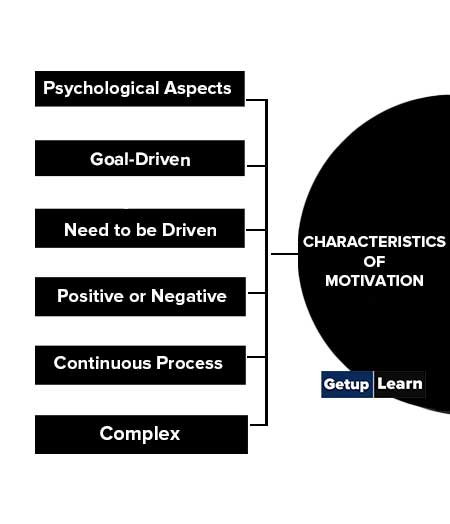
Psychological Aspects
Psychological Aspects: Motivation is a psychological inner force that drives an individual to behave or not to behave in a certain way.
Goal-Driven
Goal-Driven: Motivation directs human behaviour and action towards a goal. A person gets influenced to work towards it with commitment in order to achieve the desired results.
Need to be Driven
Need to be Driven: There are some psychological and physical needs that are required to be fulfilled for personal satisfaction. Motivation refers to the drive and effort to satisfy a want or need.
Motivation can be either Positive or Negative
This is also referred to as a carrot and stick approach. In the carrot approach, there are positive motivational tools used as a pay rise, incentives, bonuses, public appreciation etc. In the stick, approach fear is instilled in the person’s mind by negative approaches like a threat of demotion, reprimand, suspension etc so as to force them to provide desired results.
Continuous Process
Continuous Process: Motivation is a continuous process and does not end at the satisfaction of a need or want. Once a need is satisfied and the individual progresses in life another need arises and the cycle goes on.
Complex
Complex: Since motivation refers to psychological aspects of human beings, it is a very complex phenomenon. The human mind is the most complex and dynamic aspect and needs to be handled differently in different situations.
Types of Motivation
If a manager wants to get work done by his employees, either he may hold out a promise of a reward (positive motivation) or he may instil fear (negative motivation). Both these types are widely used by management. The following are the major types of motivation techniques used by managers to motivate their employees:
- Positive Motivation
- Negative Motivation
- Achievement Motivation
- Affiliation Motivation
- Competence Motivation
- Power Motivation
- Attitude Motivation
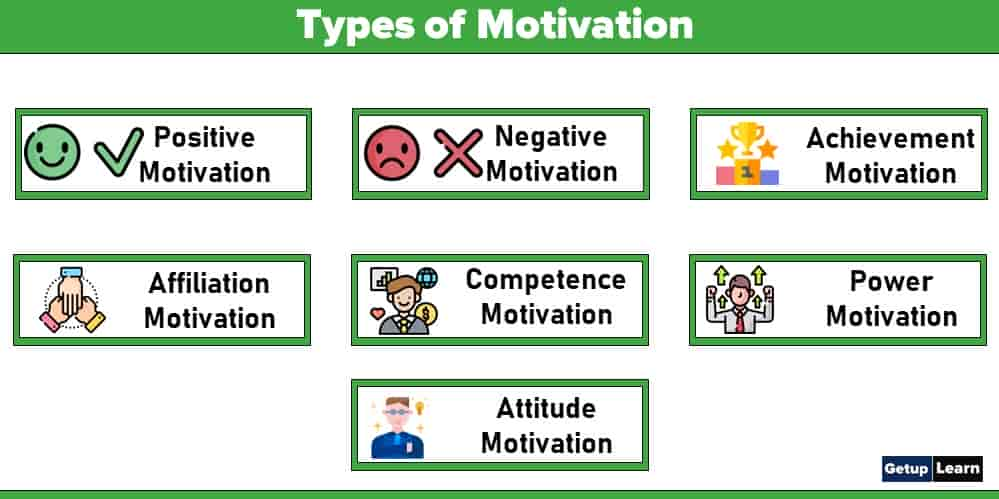
Positive Motivation
This type of motivation is based on a certain type of reward. A positive motivation involves the possibility of increased motive satisfaction. According to Flippo, “Positive motivation is a process of attempting to influence others to do your will through the possibility of gain or reward.” Such motivation works on the ‘Pull Mechanism’.
The receipt of the award, recognition for work done, and praise of the work done in an efficient manner are ways in which employees can be positively motivated. All these, lead to good team spirit, cooperation and a feeling of happiness. Positive motivation includes the praise and credit for work done, wages and salaries, appreciation, sincere interest in subordinates as individuals, and delegation of authority and responsibility.
Negative Motivation
This type of motivation is based on force and fear. Fear causes persons to act in a certain way as they fear the consequences. It involves the possibility of decreased motive satisfaction. It works on the ‘Push Mechanism’. Imposition of punishment frequently results in frustration among those punished, leading to the development of maladaptive behaviour.
It might also lead to the creation of a hostile state of mind and an unfavourable attitude towards the job. Such types of motivation techniques are resorted to by the management when all other techniques fail to generate results.
Achievement Motivation
This includes the drive to pursue and attain goals. An individual with achievement motivation wishes to achieve objectives and advance up the ladder of success. Here, accomplishment is important for its own sake and not for the rewards that accompany it. It is similar to the Kaizen approach of Japanese Management.
Affiliation Motivation
It is a drive to relate to people on a social basis. Persons with affiliation motivation perform work better when they are complimented for their favourable attitudes and co-operation.
Competence Motivation
It is the drive to be good at something, allowing the individual to perform high-quality work. Competence motivated people to seek job mastery, take pride in developing and using their problem-solving skills and strive to be creative when confronted with obstacles. They learn from their experience.
Power Motivation
It is the drive to influence people and change situations. Power-motivated people wish to create an impact on their organization and are willing to take risks to do so.
Attitude Motivation
Attitude motivation is how people think and feel. It is their self-confidence, their belief in themselves and their attitude to life. It is how they feel about the future and how they react to the past.
Factors Influencing Motivation
There are four important factors governing employee response to the measures of motivation. They are as under:
- The intensity or urge of the drive.
- Past Experience-can he relies upon the promises made by the boss.
- Amount of Reward-The quantity and quality of the reward can influence the amount of extra effort put forth by the employee.
- Time Relationship of Response to Reward Long-range promises is less effective than immediate fulfilment.
Here are a few of the things you can do to provide your people with the incentive to do well:
- Help Them Achieve More
- Give Them Recognition
- Make Their Work More Interesting
- Give Them Additional Responsibility
- Help Them Grow
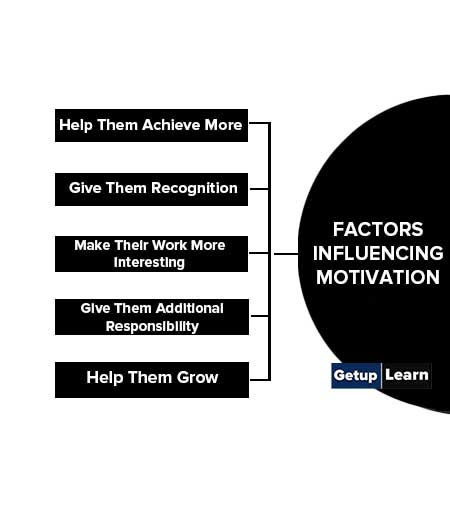
Help Them Achieve More
Given the choice, most people prefer to do outstanding, rather than mediocre, work. Show them how to do that and you will spur them to greater achievement. One key to accomplishment is improving methodology rather than merely working harder.
Give Them Recognition
Over and above monetary reward, what people crave is praise in some form. They need assurances that their efforts are known, valued, and appreciated.
Make Their Work More Interesting
It’s a fact of life that familiarity does breed contempt. That is why one of the great demotivators is boredom. When people‘s work excites them, they come alive; they walk differently, they talk differently, and they work differently.
Give Them Additional Responsibility
This does not mean simply giving them more work. It means giving them work of greater importance that requires a higher level of knowledge and skill.
Help Them Grow
If any of your people have been in the same job for more than five years, something may be wrong. If they are not promotable, that means they have gained no new knowledge or skills under your management.
What are motivation and examples?
Motivation: It is a driving force that arouses an employee to work towards the desired goal with intensity, a sense of direction and constant efforts.
What is a simple definition of motivation?
Motivation means a process of stimulating people to action to accomplish desired goals. By William G Scott
What is the nature of motivation?
The following are the nature of motivation: 1. It is an Internal Feeling, 2. It is Related to Needs, 3. It Produces Goal-oriented Behaviour, 4. It can be Positive or Negative, It is a Complex Process etc.
What is the importance of motivation in HRM?
Some of the benefits and importance of motivation have been discussed below:
1. Optimum Utilization of Factors of Production
2. Sense of Direction
3. Good Work and Industrial Relationship
4. Sense of Loyalty and Low Attrition Rate
5. Change Management etc.
What are the characteristics of motivation?
These are the characteristics of motivation in hrm:
1. Psychological Aspects
2. Goal-Driven
3. Need to be Driven
4. Motivation can be either Positive or Negative
5. Continuous Process
6. Complex etc.


